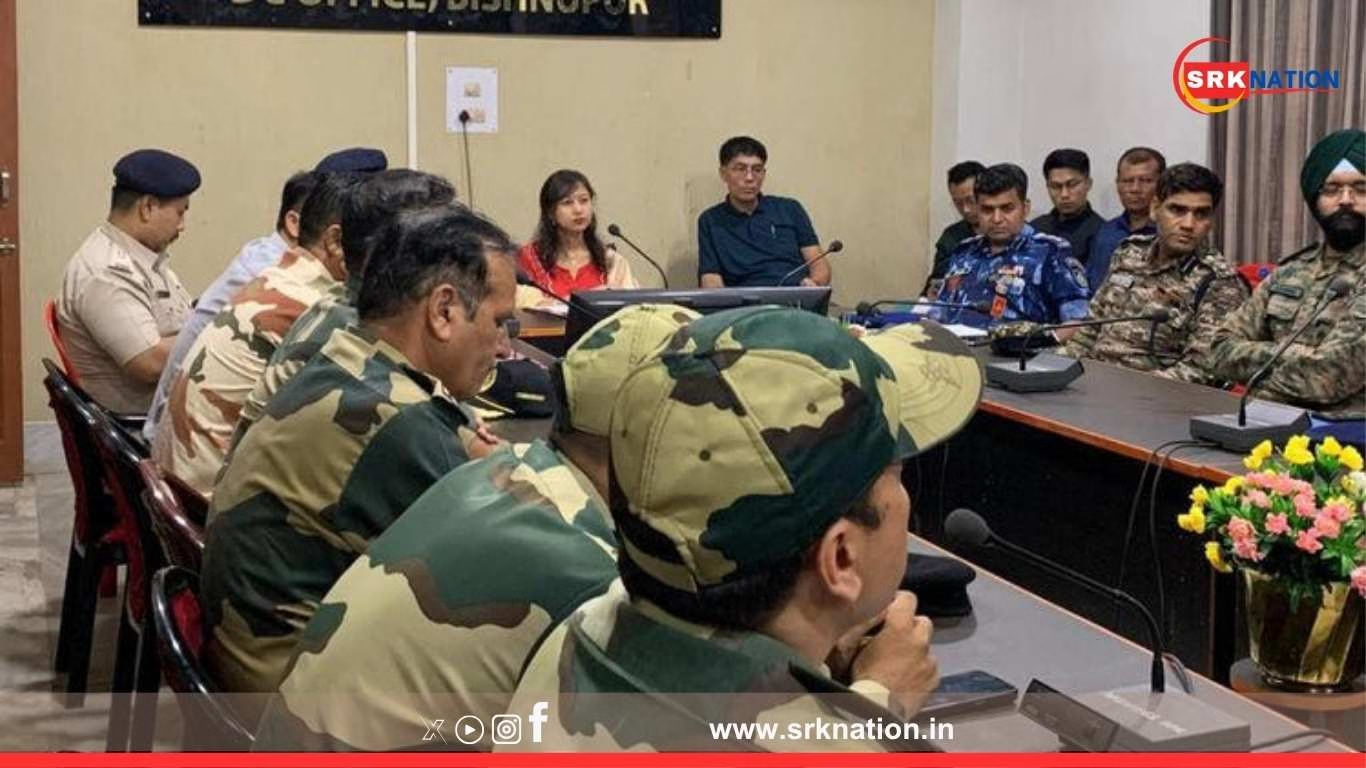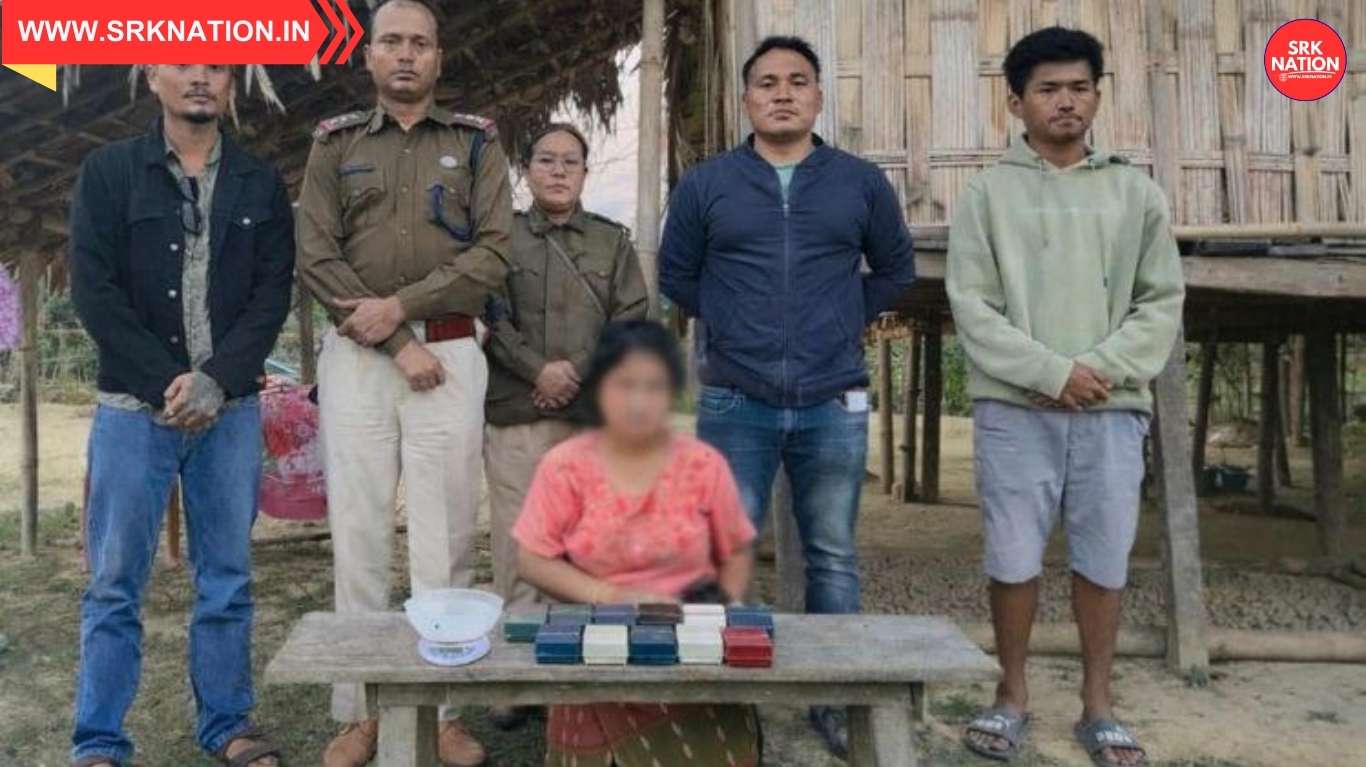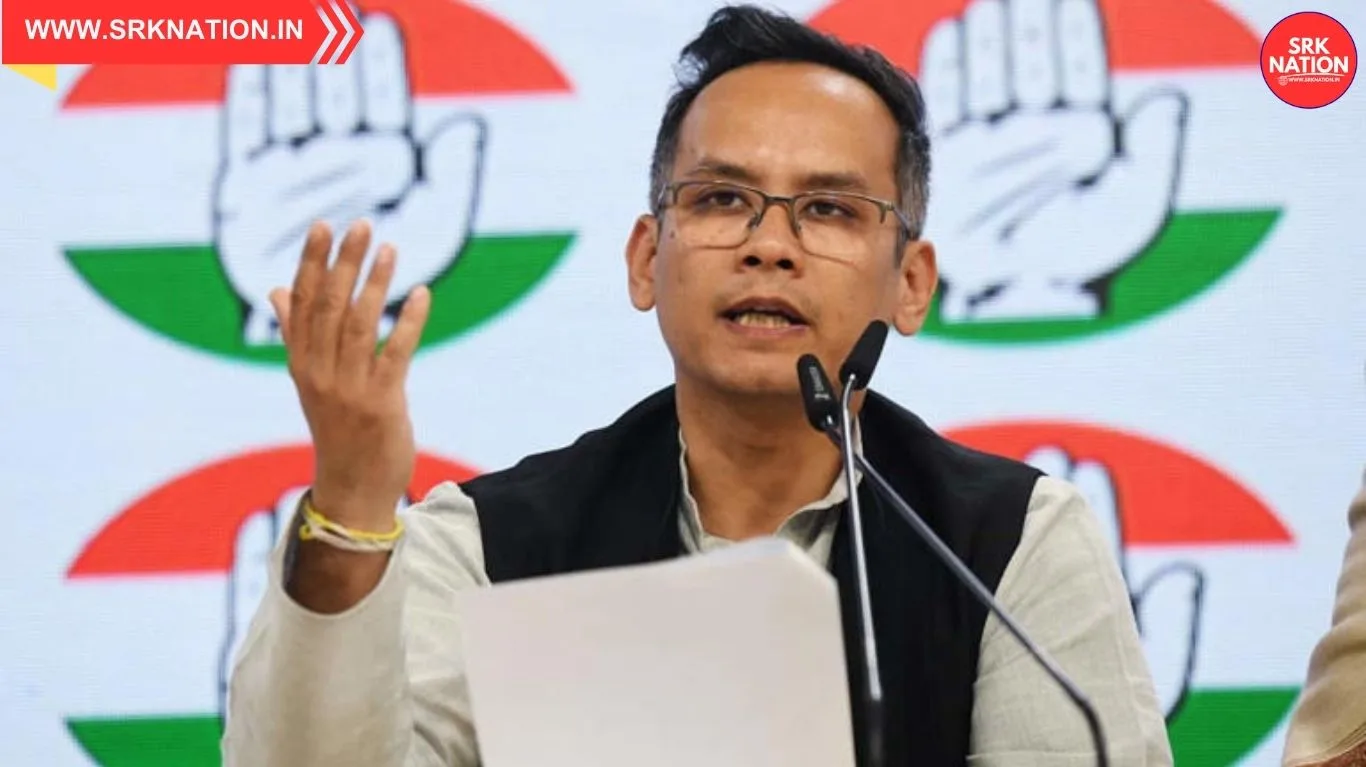In a bid to restore normalcy and support livelihoods affected by prolonged ethnic violence in Manipur, Bishnupur district administration chaired a high-level security meeting this week focusing on two core priorities – ensuring farmers can resume cultivation without fear and expediting the resettlement of internally displaced persons (IDPs) in the region.
Deputy Commissioner Lourembam Bikram chaired the meeting at the DC office complex, attended by senior district officials, Manipur Police, Assam Rifles, Central Reserve Police Force (CRPF), Border Security Force (BSF), and village leaders from affected areas under Bishnupur jurisdiction.
Key agenda points discussed
| Agenda | Details discussed |
|---|---|
| 1. Security arrangements for farming activities | Deployment of additional security personnel near agricultural lands to ensure safety of farmers during cultivation. |
| 2. IDP resettlement planning | Identification of safe zones and phased return of displaced families with necessary security escort. |
| 3. Confidence building measures | Regular security patrols, community policing, and grievance redressal mechanisms to boost public confidence. |
| 4. Coordination among security agencies | Integrated patrolling schedule between state police, central forces, and local volunteers for quick response to incidents. |
| 5. Relief distribution monitoring | Ensuring timely delivery of food grains, essentials, and medical support to relief camps and resettled areas. |
Farmers’ security concerns take priority
The Deputy Commissioner highlighted that Bishnupur, with its vast agricultural hinterland, is witnessing declining cultivation due to security threats and displacement. He directed officers to map high-risk cultivation pockets, especially in peripheral and inter-district border villages, and deploy forces accordingly so that farmers can carry out seasonal paddy sowing without fear.
Local farmers present at the meeting voiced concerns over stray violence, looting of cattle, and theft of farm equipment, urging round-the-clock security. The DC assured that special police pickets and mobile units would remain stationed during peak farming hours.
IDP resettlement roadmap
As per the district administration, nearly 2,000 IDPs from Bishnupur remain in relief camps, while hundreds have shifted to relatives’ homes in safer areas. The DC instructed the Sub-Divisional Officers (SDOs) to conduct detailed verification of IDP families willing to return, assess damage to their homes, and prepare rehabilitation estimates for submission to the state government.
The meeting resolved to commence phase-wise resettlement in villages where security has been stabilised, along with reconstruction of homes under state disaster relief norms.
Ongoing violence and security interventions
Manipur has been witnessing ethnic tensions since May 2023, with Bishnupur emerging as one of the worst-hit districts due to its proximity to conflict zones. Despite months of combing operations by combined forces, sporadic incidents continue to hamper livelihood and rehabilitation efforts.
Security agencies at the meeting briefed that:
- Joint patrols are being intensified along vulnerable routes.
- Vehicle checks and area domination exercises are being conducted daily.
- Intelligence units are monitoring fringe groups to pre-empt potential attacks.
Officials appealed to village leaders to report suspicious movements immediately, assuring swift action to prevent escalation.
Relief camp updates
| Relief camp cluster | No. of inmates (approx) | Key challenges reported |
|---|---|---|
| Moirang College complex | 320 | Water scarcity, medical staff shortage |
| Ngangkhalawai Community Hall | 150 | Lack of electricity backup |
| Bishnupur Mini Stadium | 500 | Limited space for elderly and children |
| Kwakta High School camp | 240 | Insufficient toilet facilities |
The district administration stated that additional health teams, water tankers, and counselling units have been mobilised to relief camps as monsoon triggers health risks.
Confidence building among communities
The DC urged all communities to cooperate with security forces and administration in restoring peace and harmony, stressing that:
“Resumption of farming and safe return of displaced families are crucial milestones towards restoring normalcy in Bishnupur.”
He called upon civil society organisations to conduct awareness drives promoting non-violence and inter-community understanding.
Political reactions
Local MLAs and political parties welcomed the security meeting but pressed for:
- Faster compensation disbursal to affected farmers
- Adequate housing grants for IDPs returning to damaged homes
- Deployment of more women police personnel to relief camps for safety and grievance redressal
An opposition spokesperson stated:
“Meetings are welcome, but ground action must be visible. Farmers must return to fields before the sowing window closes.”
Future roadmap outlined by the DC
- Weekly review meetings with security agencies and civil administration to assess farming progress and resettlement status.
- Public grievance cells to operate 24×7 for IDPs and farming communities.
- Special focus on education continuity for children in relief camps through mobile teaching units.
- Enhanced coordination with state government for quick release of funds under relief and rehabilitation packages.
Conclusion
The high-level security meeting underlined the administration’s priority to secure livelihoods and rehabilitate displaced citizens of Bishnupur. With timely rains and the kharif season underway, safe farming could restore economic activity and confidence among residents who have faced more than a year of fear and uncertainty.
Disclaimer
This article is for general informational purposes only and reflects developments as reported from official district-level meetings and stakeholder statements. Readers are advised to verify with official government releases for further updates.











